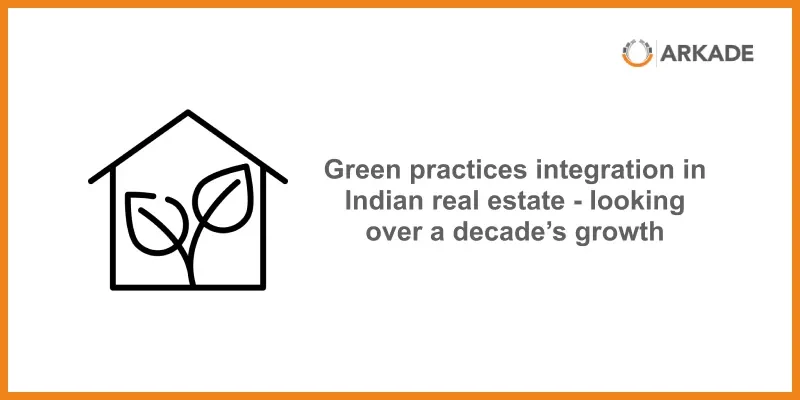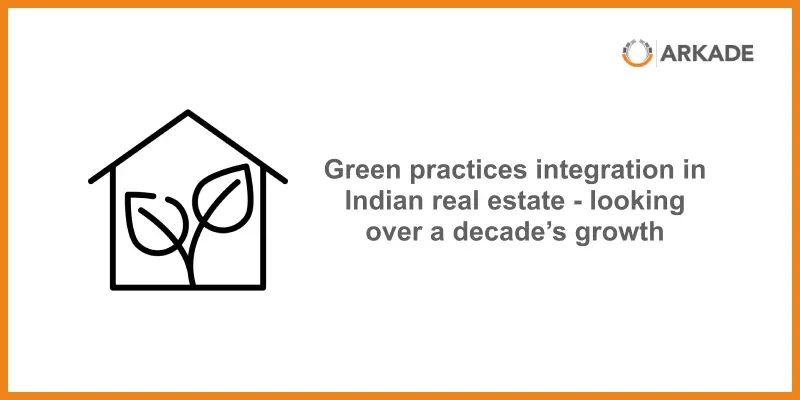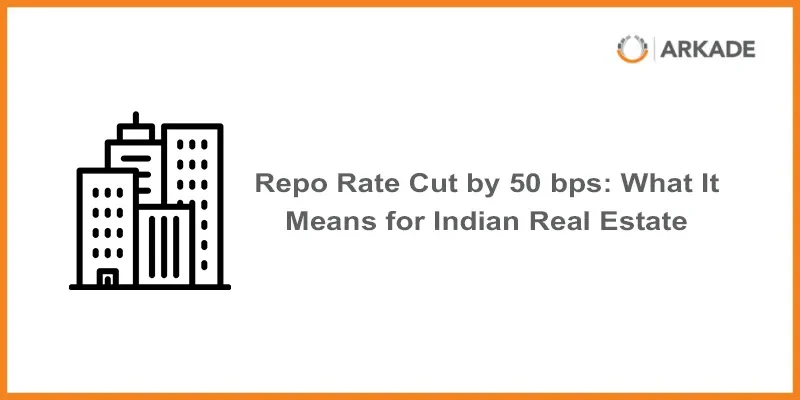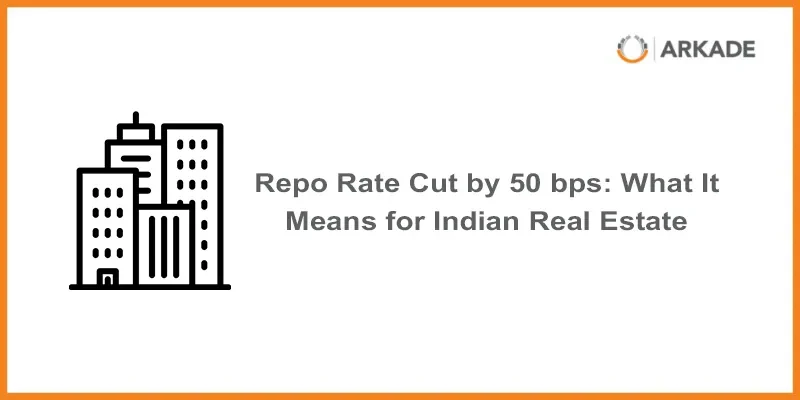
Is Thane a Smart Bet for Homebuyers in 2025? A Deep Dive into Demand, Supply and Growth Potential
By Mr. Sandeep Jain, Director, Arkade Developers Limited
Once perceived as a distant suburb, Thane has steadily evolved into a prominent real estate hotspot for both end-users and investors. Residential property prices in Thane have surged by 46% between Q2 2022 and Q2 2025, rising from ₹13,550 to ₹19,800 per sq. ft. Over the past five years, the growth has touched nearly 60%, indicating a robust appreciation driven by real factors—not mere speculation.
This growth stems from a synergy of infrastructure investments, balanced demand-supply dynamics, and shifting lifestyle preferences among urban homebuyers. Thane, today, is approximately 78% more affordable than suburban Mumbai, making it not just a fallback for the budget-conscious, but a deliberate choice for those seeking quality living without compromising connectivity or comfort.
Infrastructure-Led Momentum
A significant driver behind Thane’s transformation is the ongoing investment of ₹59,000 crore in infrastructure upgrades. Among the most prominent is Mumbai Metro Line 4 (Wadala–Kasarvadavali), parts of which are already easing congestion with completed flyover integrations. While full line operations are expected post-2025, connectivity is already improving incrementally.
Also in the pipeline is Metro Line 5 (Thane–Bhiwandi–Kalyan), for which feasibility studies are underway, with potential operational timelines closer to 2027–2028. Meanwhile, the Thane Ring Metro (internal circular network) has received approval and is expected to be operational by 2029. These developments will eventually shrink commute times and increase market value in key micro-markets.
Furthermore, MMRDA’s acquisition of 430 acres in Mogarpada for an integrated Metro depot shows a long-term commitment to transforming Thane’s transport ecosystem.
A Shift from Compromise to Confidence
Unlike in the past, today’s Thane buyers are not settling—they are aspiring. The region is seeing a marked preference for larger 2 BHKs, which constituted 45% of new supply between FY 2020 and FY 2025, followed by compact 1 BHKs at 42%. Developers are focusing on community-centric development, moving away from isolated residential blocks.
This change reflects a maturing market sentiment. Buyers are drawn by the ability to afford spacious homes with better ventilation, amenities, and access to nature, all while remaining connected to Mumbai. Locations like Pokhran Road, Majiwada-Balkum, Kolshet, and Patlipada are especially popular for striking this balance.
Living in a Green-Urban Fusion
Thane stands apart for its integration of greenery with urban infrastructure. From the tranquil Upvan Lake and Yeoor Hills to the sprawling Namo Grand Central Park on Kolshet Road, the city continues to offer open, livable spaces—a rarity in Mumbai’s over-urbanised landscape.
A Robust Investment Case
The Thane housing market is largely end-user driven, providing stability in both pricing and absorption. The rental market is strong, supported by a steady influx of professionals, and the region boasts a well-developed social ecosystem—schools, hospitals, retail, and emerging business zones.
As connectivity and amenities continue to improve, a second wave of capital appreciation seems likely—especially in well-connected, nature-adjacent pockets. This presents an excellent opportunity for long-term investors who prioritize both value growth and quality of life.
Thane, in 2025, has emerged as one of the most balanced and future-ready residential investment markets within the Mumbai Metropolitan Region. It offers a rare convergence of affordability, infrastructure, lifestyle, and stability. However, as with any real estate decision, success lies in choosing the right micro-market, builder, and maintaining a long-term vision. Get those elements right, and Thane may not just be a good decision—it could be your smartest one yet.


















